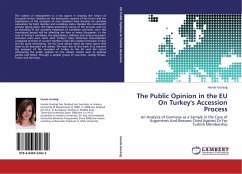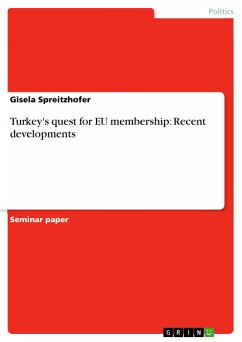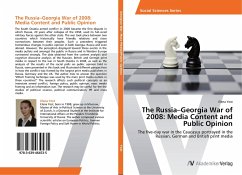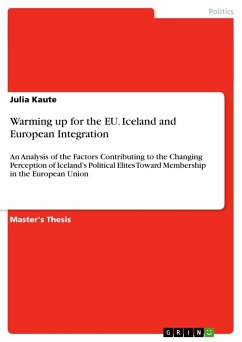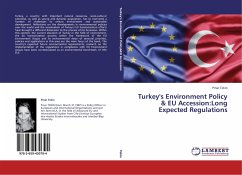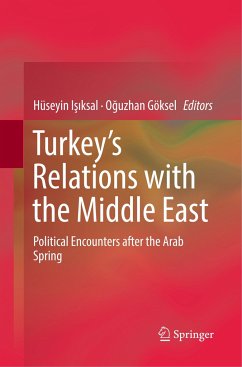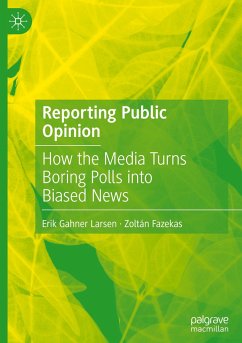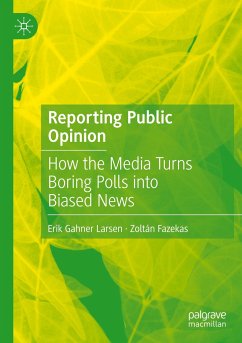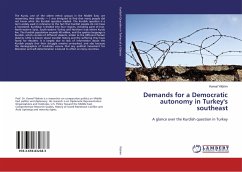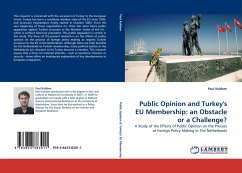
Public Opinion and Turkey's EU Membership: an Obstacle or a Challenge?
A Study of the Effects of Public Opinion on the Process of Foreign Policy Making in The Netherlands
Versandkostenfrei!
Versandfertig in 6-10 Tagen
45,99 €
inkl. MwSt.

PAYBACK Punkte
23 °P sammeln!
This research is concerned with the accession of Turkey to the European Union. Turkey has been a candidate member state of the EU since 1999, and accession negotiations finally started in October 2005. From the very beginning of these negotiations on, there has been fierce public opposition against Turkish accession in the Member States of the EU - which is without historical precedent. This public opposition is central in this study. The focus of the present research is on the effects of public opinion on the process of foreign policy making as regards Turkish accession to the EU in the Nethe...
This research is concerned with the accession of Turkey to the European Union. Turkey has been a candidate member state of the EU since 1999, and accession negotiations finally started in October 2005. From the very beginning of these negotiations on, there has been fierce public opposition against Turkish accession in the Member States of the EU - which is without historical precedent. This public opposition is central in this study. The focus of the present research is on the effects of public opinion on the process of foreign policy making as regards Turkish accession to the EU in the Netherlands. Although there are (net) benefits for the Netherlands to Turkish membership, many political parties in the Netherlands are reluctant to let Turkey become a member. This research argues that a focus on material interests - such as economic interests or security - alone offers an inadequate explanation of key developments in European integration.



